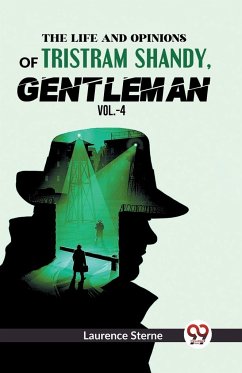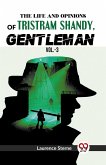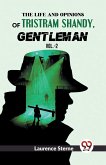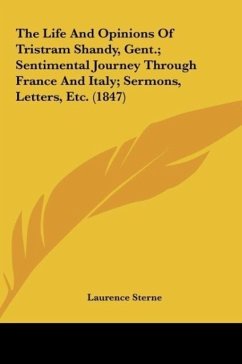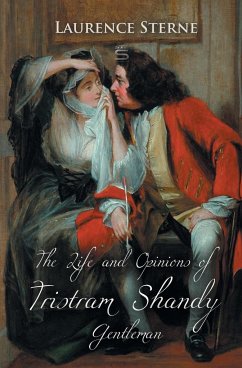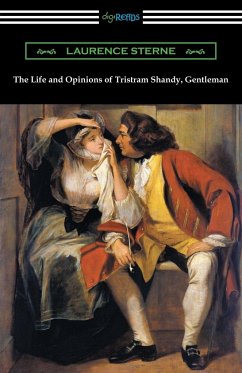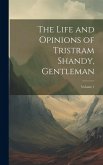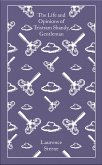"The Life and Opinions of Tristram Shandy, Gentleman" is typically divided into nine volumes. Laurence Sterne did not write a specific Volume 4 of the novel. The novel continues to explore the life and opinions of Tristram Shandy, employing a fragmented and digressive narrative style. Sterne's work is renowned for its witty humor, satirical commentary, and unconventional approach to storytelling. Throughout the various volumes, Sterne presents a range of topics, including Tristram's upbringing, his family history, and his reflections on society, philosophy, and literature. The novel challenges the conventional novel form of its time and remains a significant work in the development of the modern novel. This story offers readers a unique reading experience, filled with humor, philosophical musings, and a delightful exploration of human nature.
Hinweis: Dieser Artikel kann nur an eine deutsche Lieferadresse ausgeliefert werden.
Hinweis: Dieser Artikel kann nur an eine deutsche Lieferadresse ausgeliefert werden.

